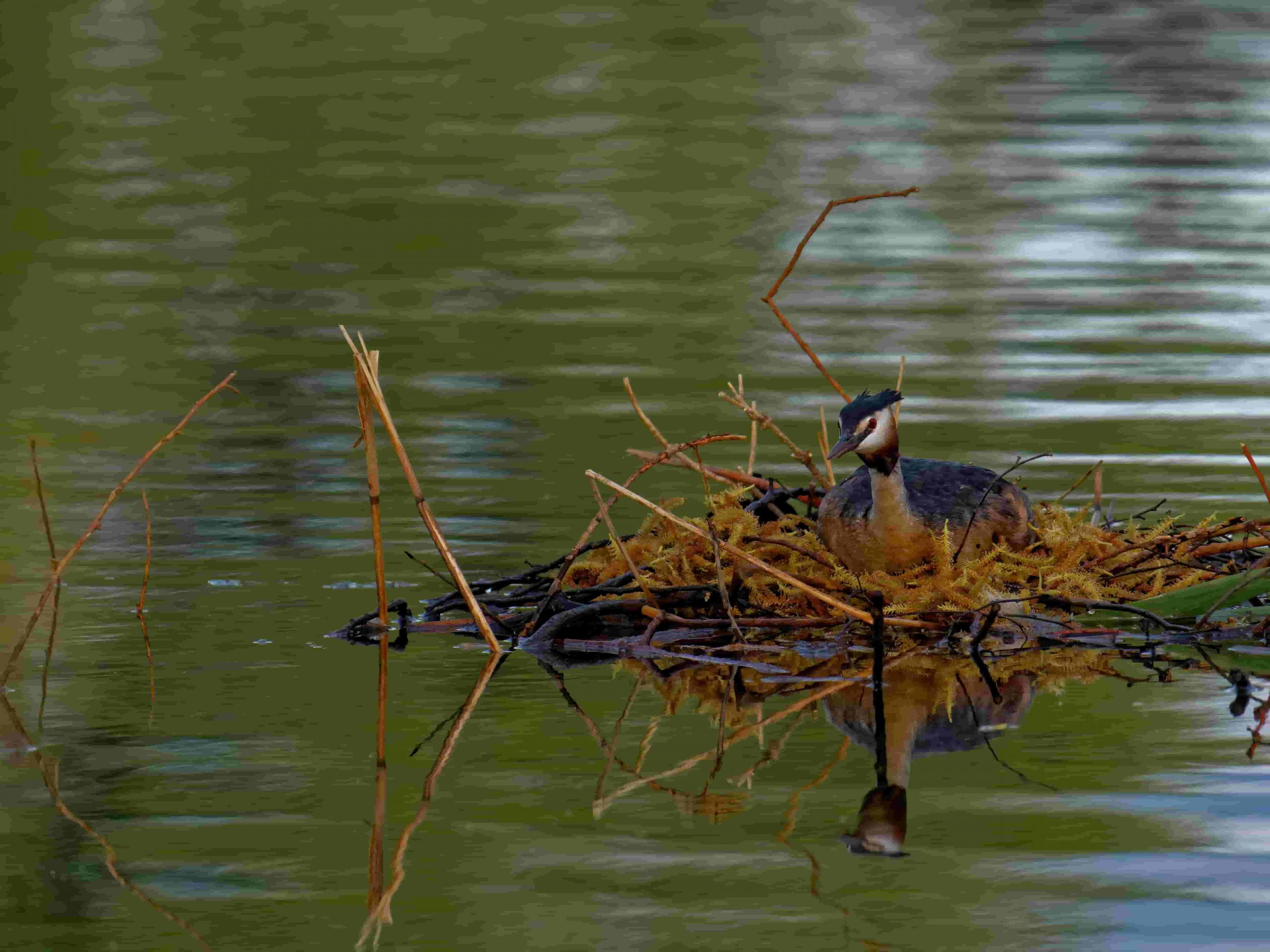Duck hunting in Minnesota offers an exceptional experience, combining the thrill of the hunt with the serene beauty of the state’s natural landscapes. Known for its rich waterfowl heritage and diverse hunting opportunities, Minnesota provides a perfect setting for hunters, outdoor enthusiasts, and wildlife conservationists alike. This post aims to equip you with practical tips and insights for a successful duck hunting trip, exploring everything from essential preparation to safety considerations and conservation efforts. Whether you’re a seasoned hunter or new to the sport, you’ll find valuable information that enhances your understanding and enjoyment of duck hunting in this northern paradise.
The Allure of Duck Hunting in Minnesota
Minnesota’s diverse ecosystems, including countless lakes, rivers, and wetlands, make it one of the top destinations for duck hunting in the United States. Hunters can find a wide range of waterfowl species, from mallards to wood ducks, offering a rich hunting experience. With the changing seasons come unique opportunities to explore different regions, each with its own charm and challenges.
Waterfowlers flock to Minnesota not only for the abundance of ducks but also for the camaraderie shared among fellow hunters. Many make annual pilgrimages to favored spots, passing down traditions through generations. The state’s vibrant hunting culture fosters a deep connection with nature, offering moments of peace and reflection alongside the hunt’s excitement.
The variety of landscapes also means the chance to develop versatile skills. Hunters must adapt to different environments, whether setting up in flooded timber or navigating open waters. This demands a keen understanding of waterfowl behavior, weather conditions, and the natural habitat, making each hunt a unique adventure.
Preparing for the Hunt
Preparation is key to any successful hunt. It begins with selecting the right gear, which includes a reliable shotgun, appropriate ammunition, and comfortable, waterproof clothing. Investing in a quality pair of waders is crucial for traversing wetland areas. Ensure all equipment is in good condition well before the hunting season begins.
Scouting is another vital aspect of preparation. Familiarize yourself with hunting areas, noting the locations where ducks frequently feed and rest. Utilize maps and apps that track migration patterns to identify promising spots. Early morning scouting trips can reveal feeding sites and resting areas, essential information for planning your hunt.
Understanding waterfowl behavior is critical. Ducks are influenced by weather conditions, food availability, and human activity. Spend time observing their habits and interactions. Recognizing flight patterns, feeding times, and preferred habitats will give you an advantage and help you predict their movements during the hunt.
Tips for a Successful Hunt
Decoy placement is a fundamental skill for duck hunters. The goal is to create a realistic setup that attracts ducks into shooting range. Use a mix of species to reflect the local population, arranging them in natural formations. Leave clear landing zones for incoming birds, and adjust your setup based on wind direction and sun position.
Calling strategies can enhance your setup. Mastering different calls can mimic the sounds of ducks in the wild, encouraging them to investigate your spread. Practice makes perfect—spend time learning how to produce various calls and when to use them during the hunt. Remember, overcalling can be counterproductive, so use your calls judiciously.
Concealment is crucial for success. Ducks have keen eyesight and can spot movement from afar. Blend into your surroundings by using natural cover or setting up a camouflaged blind. Keep movement to a minimum, especially when ducks are approaching. Proper concealment increases your chances of getting ducks within range for a clean shot.
Safety Considerations for Hunting in Minnesota
Safety should always be a top priority during any hunting trip. Familiarize yourself with Minnesota’s hunting regulations, including licensing requirements and season dates. Understand bag limits and species restrictions to ensure you remain compliant. Check for any updates or changes to regulations before heading out.
Ethical hunting practices are equally important. Respect private property and obtain necessary permissions before hunting on private land. Always identify your target before shooting to avoid accidents and ensure you’re harvesting the correct species. Ethical hunting helps maintain the integrity of the sport and supports wildlife conservation efforts.
Be prepared for weather changes, which can be sudden and severe in Minnesota. Dress in layers and carry extra clothing to stay warm and dry. Inform someone of your hunting plans and expected return time. A well-packed safety kit, including a first-aid kit, matches, and a GPS, can be invaluable in emergencies.
Conservation Efforts Supporting Duck Populations
Hunters play a significant role in supporting conservation efforts. By purchasing licenses and participating in programs like the Federal Duck Stamp, hunters contribute to wildlife management and habitat preservation. These funds support the maintenance and restoration of crucial wetland habitats across Minnesota.
Organizations such as Ducks Unlimited and local conservation groups work tirelessly to protect and enhance waterfowl habitats. Hunters can get involved by volunteering for habitat restoration projects or participating in fundraising events. These efforts help sustain healthy duck populations and ensure future generations can enjoy the sport.
Education is another vital aspect of conservation. Sharing knowledge about the importance of preserving natural habitats and supporting sustainable hunting practices can inspire others to participate. Engaging with local conservation initiatives and fostering a sense of community around these efforts strengthens the impact of each individual’s contribution.
Conclusion
As you plan your next duck hunting adventure in Minnesota, remember that preparation and knowledge are your best allies. By understanding the local environment, honing your skills, and respecting the natural world, you can enjoy a rewarding and successful hunt. Remember, hunting is not just about the harvest but also about the connection with nature and the camaraderie among fellow hunters.
Join the conversation and share your experiences with the hunting community. Your insights can inspire others and contribute to the ongoing dialogue about wildlife conservation and ethical hunting practices. Minnesota’s rich hunting heritage awaits—happy hunting!
